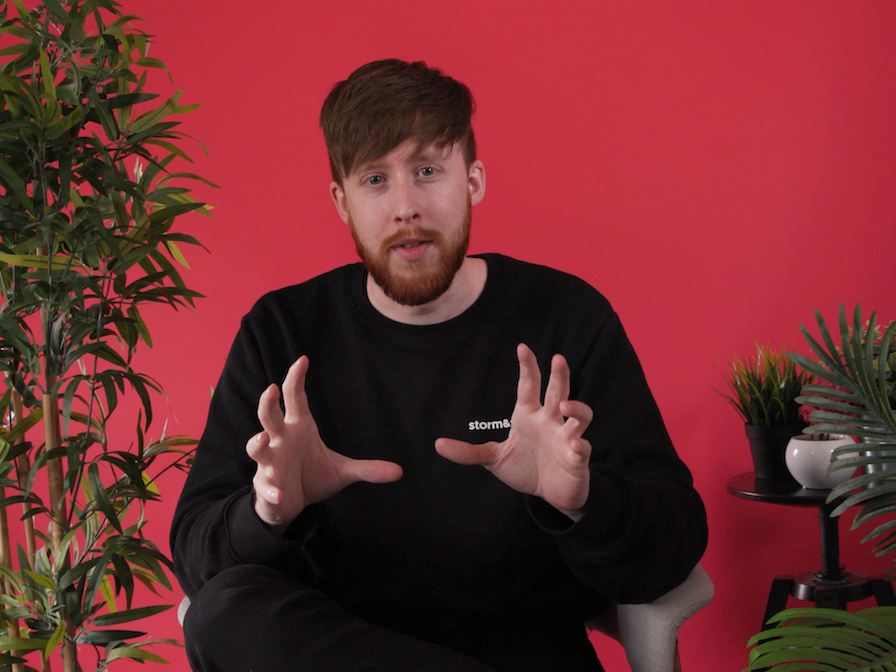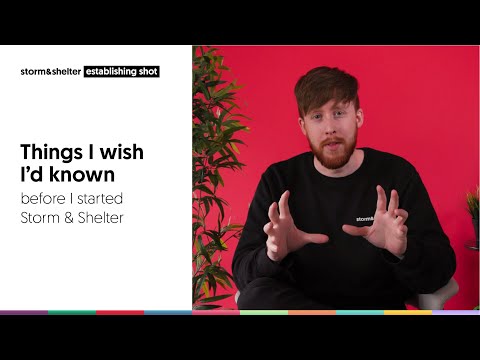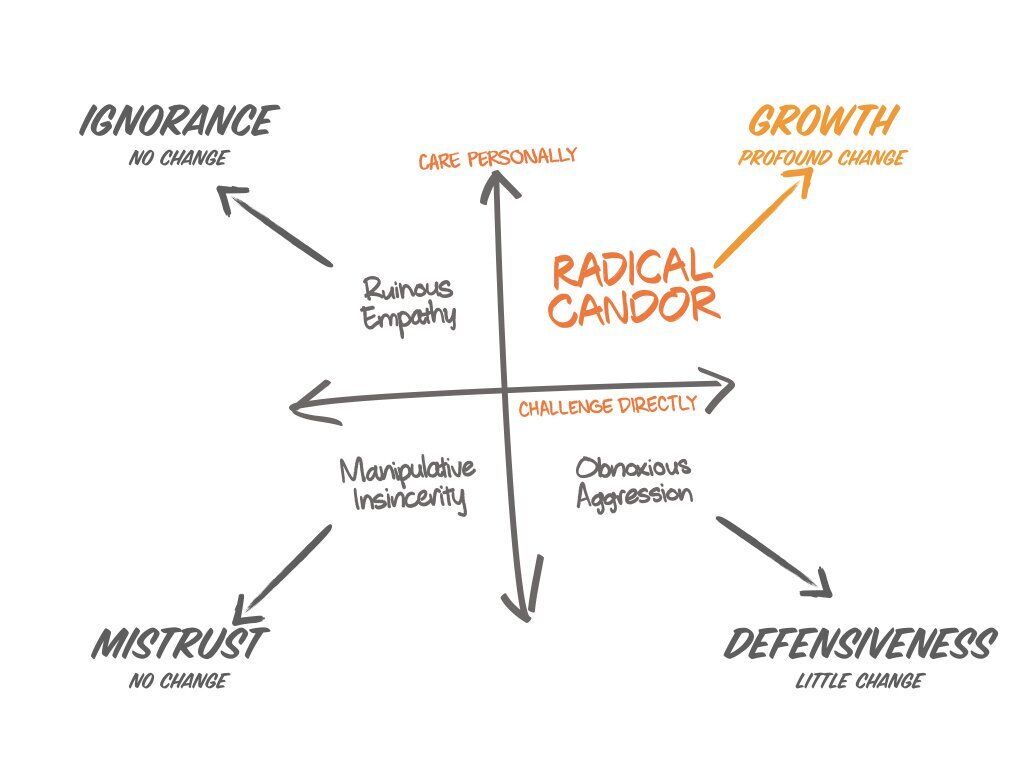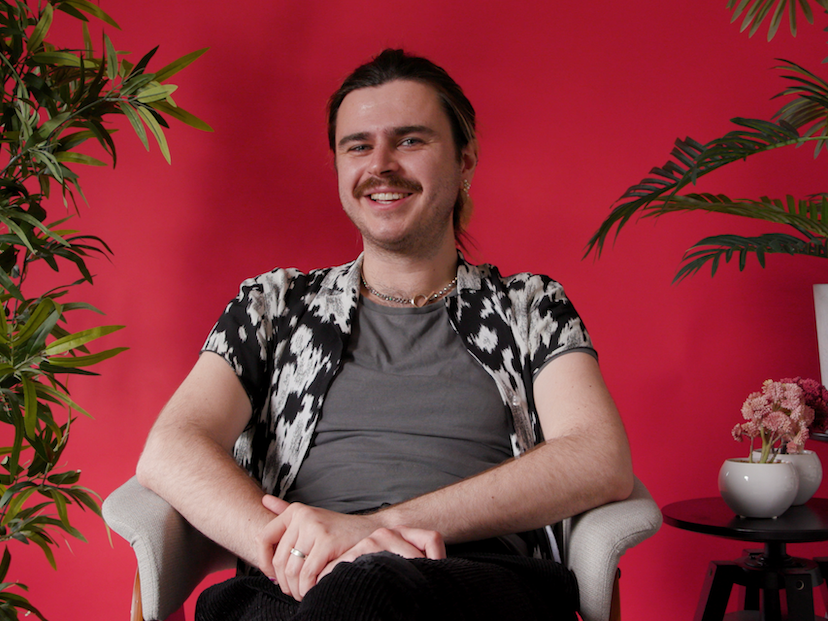Things I wish I'd known before starting a business


Well hello there, I’m Gruff Vaughan. I’m one of the CEOs here at Storm & Shelter and here are some of the things that would have been very helpful to know a little earlier before I started.

Invest in your data management
This may be one of the most boring things you’ll spend money on, but when it comes to video production the first thing you want to invest in as soon as you can is a solid data management system.
The quicker you can move away from a bunch of external hard drives floating around to a solution that is robust and secure, the better. Trust me.
Back before Storm & Shelter, Nick, Josh & I were on major projects shooting over seven days and we kept everything on one hard drive. One tiny, little, 1TB, £40 hard drive.
On the last day, we were in a cafe editing the final video and a waitress came past and accidentally knocked the hard drive off the table, destroyed everything inside and we lost everything.
We were supposed to sell that footage for £20,000.
Instead, I was sobbing in the toilets.
So yeah… you can avoid all of that if you’re just careful with your data.
Ask for and receive feedback
If you genuinely want to get better at what you want to do, then you need to ask for feedback from outside of yourself.
I was generally quite bad at this when I first started as I’m quite an introverted person who likes to give this persona that I don’t really care what others think. But knowing what others think (even if you don’t care), is what can develop you both as a person and as a business leader.
That’s why I recommend building processes in your company or projects for facilitating feedback. Find the time. It’s incredibly important.
At Storm & Shelter, we’ve done a few 360° feedback sessions where every single person in the company gives you direct feedback. Your bosses. Your peers. It comes at you from all angles and you have to deal with it.
It can be a little difficult to hear at the beginning, but the quicker you allow yourself to be open to that feedback without being defensive and recognising its truth, the better you’ll do.
Stop putting full stops at the end of single sentences
I’m a bit of a grammar snob, so I fully believe that a sentence isn’t over unless it’s got a full stop, or an exclamation mark/question mark/interrobang etc.
So that meant when I was sending short messages to people with a full stop, I thought I was just being grammatically correct…for others, my tone was ‘off’.
I used to put that stubbornness about grammar first, rather than taking into account how others may be receiving that message, which at the end of the day is the most important thing, especially over digital communication where tone can easily get lost.
I’m aware I have a resting bitch face and voice, so anything I can do to mitigate against that, I will. So as much as it pains me, I don’t always put a full stop.
That’s the only one though. I WILL hold you accountable for their grammar the rest of the time.
Read Radical Candor
Of all this list, this is the one piece of advice which I think every leader (and person) should take and it’s a concept known as Radical Candor designed by Kim Scott.
Essentially, it’s a framework about how to best give direct and honest feedback that leads to positive change. When I was learning to manage people, I read Kim’s book and it completely changed my thinking as it gave me a solid structure to work off in a way I could understand i.e. a graph.

When you’re giving feedback you want it to do two things: challenge directly and care personally. This basically means be honest and remember there is still a person at the end of it.
But what this can look like practically is:
- Asking for feedback on yourself
- Offering specific, sincere praise & kind, clear criticism
- Gauging how what’s said lands, and adjusting accordingly.
I’m not too much of a natural people person, but this framework has definitely helped me in understanding how to manage people in a way that is more productive and to be honest just a whole lot nicer. So it’s definitely worth a read.
Stop productive procrastinating
You know when you’re making yourself feel productive by doing lots of little tasks, even if it’s not the thing you should be focusing on? That’s what I call productive procrastination.
I often feel comfortable doing monotonous, administrative tasks that make me feel comfortable but starting to let go of those things that you’re good at but shouldn’t be doing is a good practice to get into.
- Can you automate it?
- Is there someone else who could be doing it for you?
- Is there someone else who would be better at doing it?
I think if I’d stopped focusing on the smaller stuff earlier, Storm & Shelter would be in a better place as it would have taken me out of my comfort zone sooner and that’s the place you and your business grow.
So if you find yourself defaulting to those small tasks that make you feel good about yourself, then you probably aren’t doing it right.
So I hope that was useful, there are loads of other things I could think of I’m sure, but we’ll get into those some other time.
